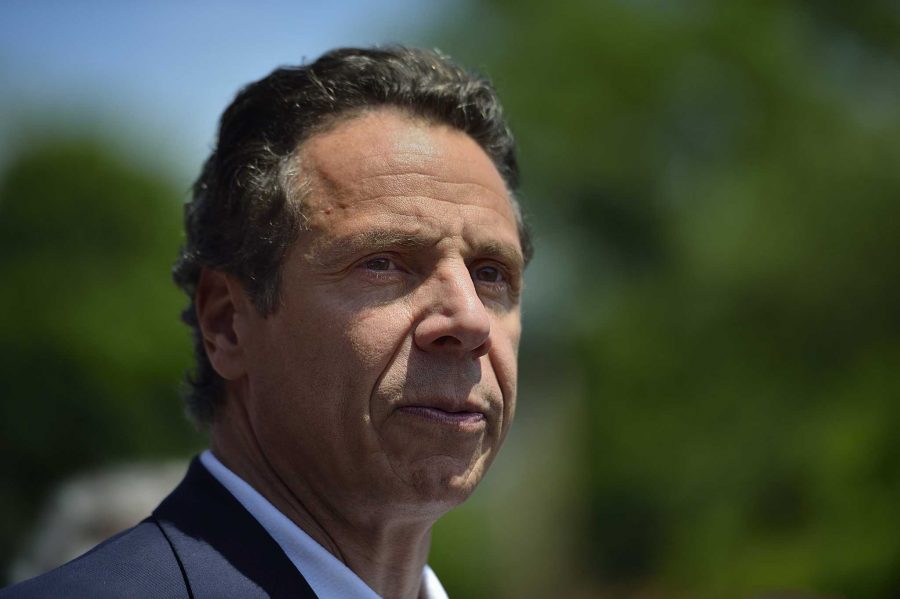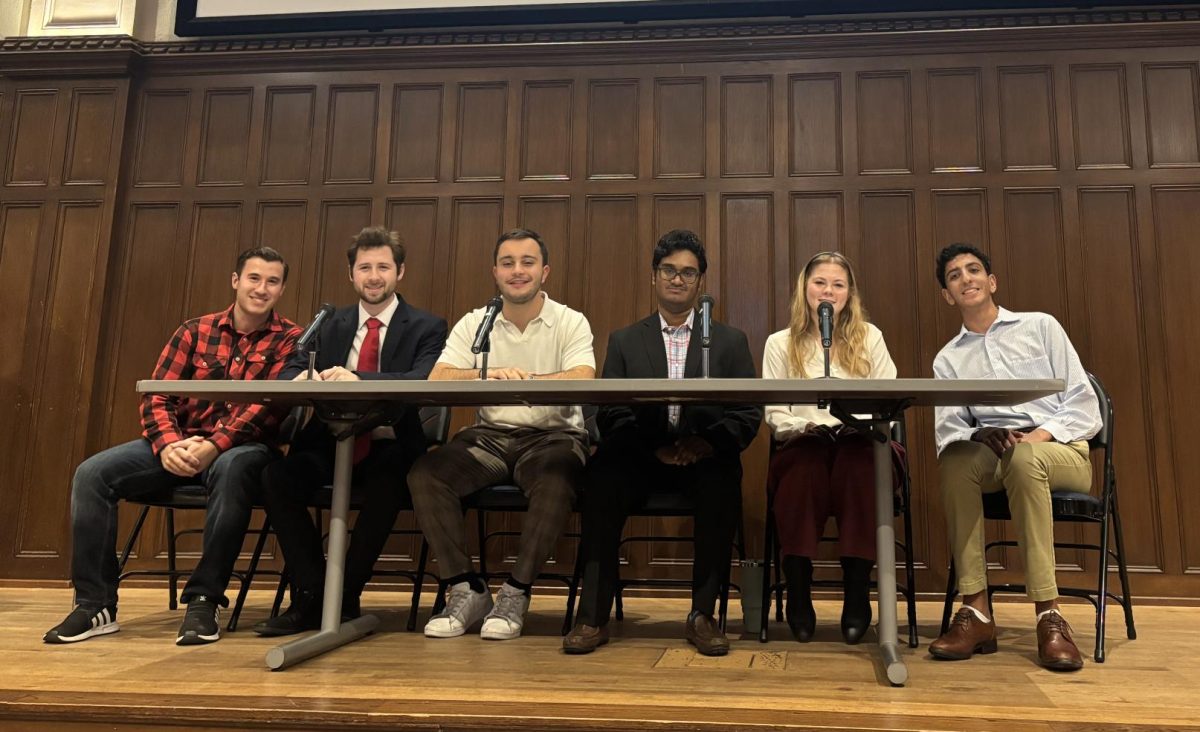By Yasmin Merchant

New York Governor Andrew Cuomo plans to introduce legislation that would require universities to enact an affirmative consent policy for sexual interactions on campus. The proposed policy, termed “yes means yes,” defines affirmative consent as “a clear, unambiguous and voluntary agreement between the participants to engage in specific sexual activity.” Instead of judging consent by whether or not someone says no, this policy requires both parties to clearly agree before initiating any sexual interaction. If one party does not explicitly say yes, then the act is not considered consensual.
Opinions on the bill are mixed. There are some, like student Katherine Labonte, FCRH ’16, who believe redefining consent is an important move. “The current definition of consent — an absence of ‘no’ — is entirely ineffective, in my opinion, because an absence of ‘no’ does not mean ‘yes’ or that an individual has given his or her full consent,” she says. “It seems like a simple redefinition, but I believe it carries great power and potential.”
Others doubt the effectiveness of affirmative consent. “I don’t know how much the bill will change because rape cases will still often, unfortunately, come down to he said/she said,” Rebecca Lewis, FCRH ’17, said.
Gabrielle D’Amato, FCRH ’17, expresses similar skepticism of the plan’s enforcing power — “I really am not sure how it would be carried out other than giving universities another item on a check off list when investigating.”
“I think the college sexual experience is a very in depth topic and it is difficult to say whether this law will improve it for all parties,” said Joe Collini, FCRH ‘16. “That being said, I do think it is a great step toward preventing miscommunication and avoiding the ambiguity of the ‘he said she said’ debate that is the inevitable result of most college sexual assault cases”
If this bill makes it through state legislature, the law would affect all colleges in New York, which includes private institutions like Fordham University.
Fordham currently has a consent policy defined in its Campus Assault and Relationship Education (CARE) brochure. Consent, the policy states, “is defined as all people in a sexual encounter agree to the sexual activity.
“Agreement to sexual activity means there are informed, freely given, mutually understandable words or actions that indicate a willingness to participate in the particular sexual activity,” the policy states. “A person may decide at any time that he/she no longer consents and want to stop sexual activity.”
It is unclear if Fordham will have to change its policy to reflect state law if the bill is passed.
“Fordham already has an affirmative consent policy and a clear consent definition that can be found in the CARE brochure and online,“ Christopher Rodgers, dean of students, said. “We will work to assure that our wording meets the standards set by the state when the new law passes.”
In addition to defining affirmative consent, the law will provide victims with amnesty for drug and alcohol violations when reporting a sexual assault. This will ensure that victims and bystanders are not discouraged from coming forward.
It will also require universities to distribute a bill of rights regarding sexual assault and to make the administrators go through training on how to properly handle reporting. Though many schools already have similar policies, this law will create one consistent procedure for all New York schools to follow. It will hold private colleges accountable to the state when handling cases. Furthermore, it gives victims the option of reporting to state authorities rather than campus and local authorities.
There are students completely opposed to state involvement in this issue. Shannon Spillane, GSB ’17, believes that “the statewide implementation of ‘yes means yes’ will cause a lot of unnecessary action and arguments,” she said. “I understand that the safety of students is in the best interest of private and public colleges and universities, but this topic is one where one side has their story and the other has theirs and the truth lies somewhere in the middle.”
During a news conference held at the New York University campus, the governor insinuated, without naming any names, that certain universities have mishandled sexual abuse allegations to avoid negative publicity. These schools, he claims, “don’t want the publicity of the attacks happening on their campus, so they do what they can to tamp it down.”
Cuomo says that there are some who believe such attacks should be a private matter, but he believes “This is not a private matter. This is a crime. It should be treated as a crime, no matter where it is committed.” He also expressed hope that this policy will eventually expand past the state and “start a dialogue across the nation.” There are 55 U.S. schools being federally investigated for their handling of sexual assault accusations.
Though many Republican legislators are skeptical of how effective the governor’s plan could be, Republican Assemblyman Bill Nojay has said, “Creating a statewide, uniform standard for addressing these issues will be a good step forward.”








































































































































































































